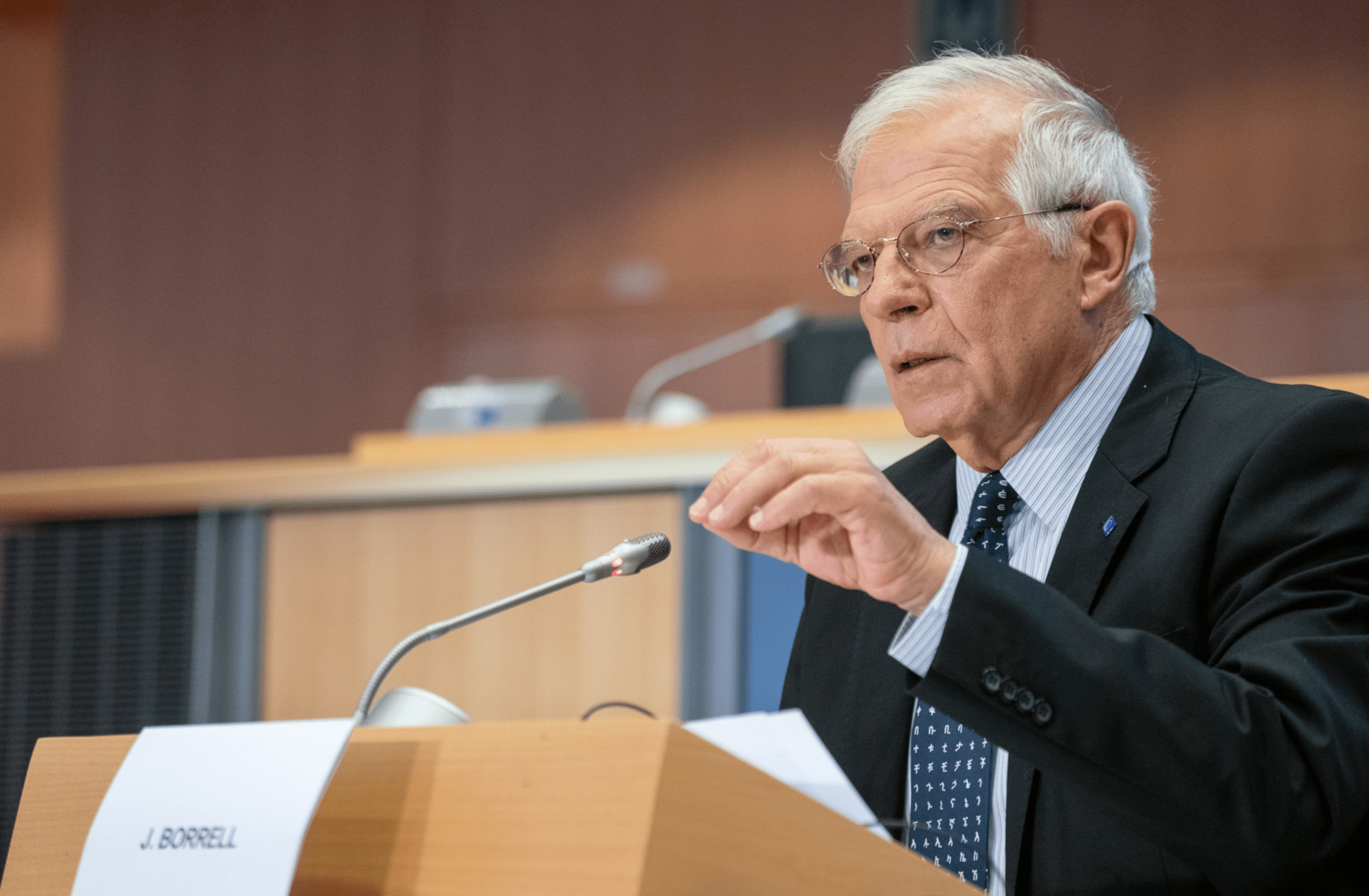EU Expresses Concern Over Political Situation in Tunisia
After President Saied's 'exceptional measures' taken last month, the European Union expressed its concerns regarding Tunisia's status quo.
-

Josep Borrell expresses concerns over democracy in Tunisia.
Josep Borrell, the European Union's foreign policy chief, expressed the bloc's concerns over Tunisia to the nation's president, Kais Saied. Recently, Saied has taken a series of measures in Tunisia which saw the suspension of Parliament and dismissal of the Prime Minister.
On July 25, the measures taken by President Saied included a 30-day suspension of Parliament - later extended "until further notice" -, dismissal of Prime Minister Hichem al-Mashishi, and Saied's assumption of executive authority.
"I communicated to the president Europe's apprehensions about the preservation of democratic gains in Tunisia," Borrell said after talks with Saied, ministers, and representatives of political parties and civil society in Tunis.
EU's foreign policy chief emphasized that "The free exercise of legislative power and the resumption of parliamentary activity are part of these gains and must be respected."
Borrel underscored the importance of leading Tunisia toward the "re-establishment of institutional stability, preserving its democratic foundations."
While underlining "respect... for Tunisia's sovereignty," he conveyed to President Saied "the European Union's attachment to Tunisia's democratic anchor as well as to the respect for the rule of law and fundamental freedoms."
This comes as many Tunisian human rights organizations, political parties, and syndicates warned against the political scene continuing in this ambiguous state, especially that Saied is yet to designate a prime minister and reveal a political roadmap for the nation.

 2 Min Read
2 Min Read










